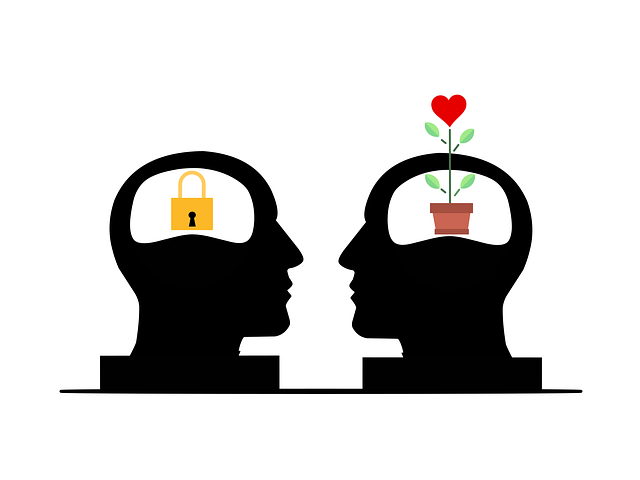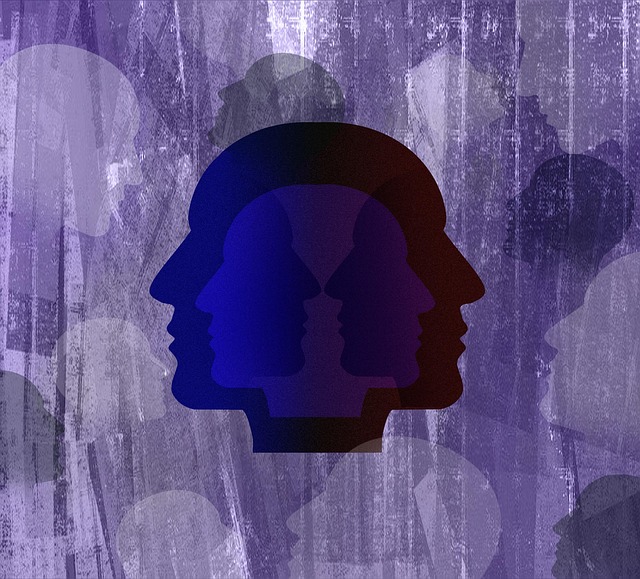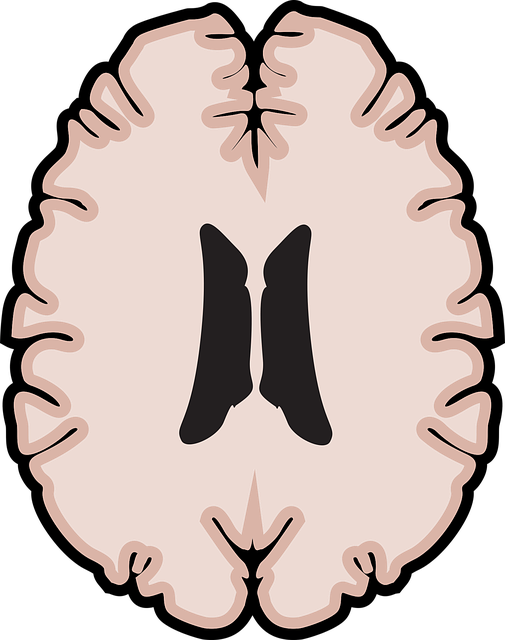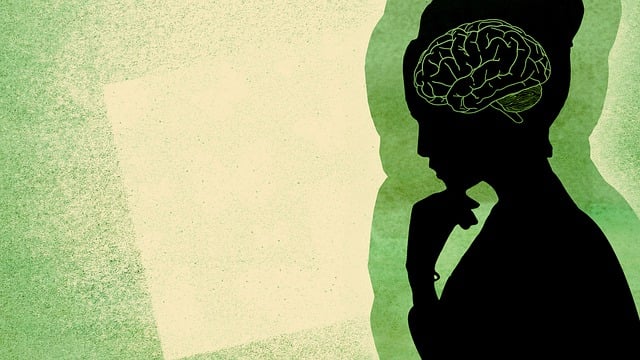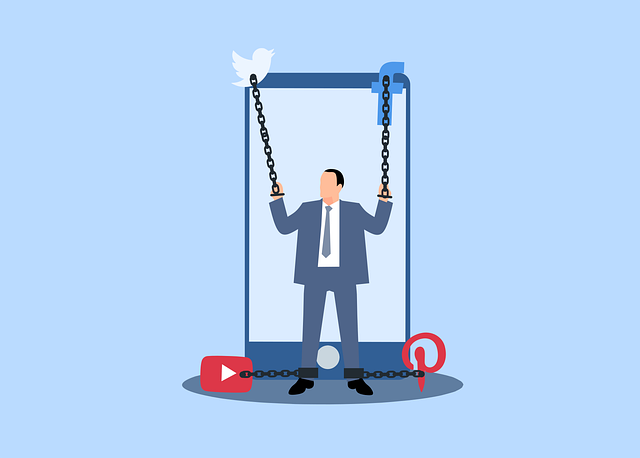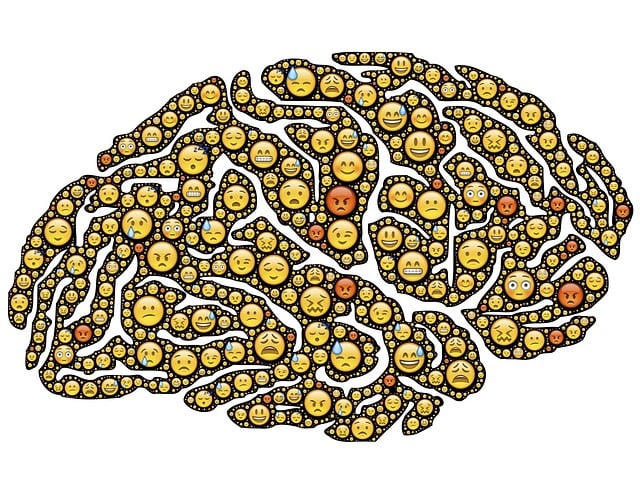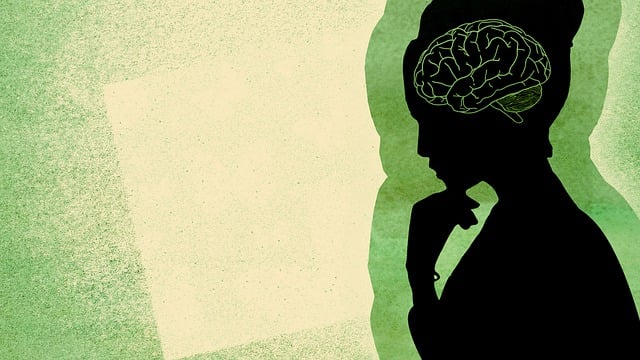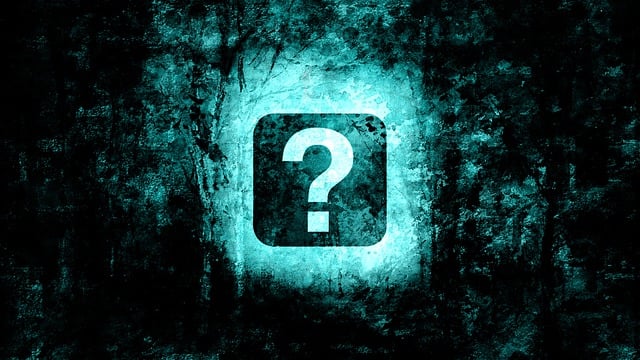Mental health education, focusing on emotional intelligence and crisis recognition, is a powerful tool to combat stigma, promote early intervention, and foster healthier societies. By integrating evidence-based therapies like CBT and mindfulness, interactive workshops, group discussions, and accessible resources, individuals learn to recognize distress signs and employ coping strategies. Engaging curricula, post-program support systems, and community resources enhance outcomes, encouraging proactive mental wellness management and open discourse around mental health issues, including therapy for crisis counseling.
“In today’s fast-paced world, mental health education is more critical than ever. This comprehensive guide delves into the intricate process of designing effective programs that can equip individuals with the knowledge to recognize and manage crisis situations. From debunking stigma to providing evidence-based therapies, each step is meticulously outlined.
We explore interactive curriculum designs, ensuring engagement, and post-program support systems. By integrating these strategies, we aim to revolutionize crisis counseling, making therapy accessible and impactful for all.”
- Understanding Mental Health: Debunking Stigma and Promoting Awareness
- Identifying Crisis Situations: Recognizing Red Flags and Risk Factors
- Evidence-Based Therapies: A Tool Kit for Effective Crisis Counseling
- Designing an Engaging Curriculum: Interactive Strategies for Learning
- Implementing Support Systems: Post-Program Follow-Up and Community Resources
Understanding Mental Health: Debunking Stigma and Promoting Awareness

Mental health is a fundamental aspect of overall well-being, yet it often goes unnoticed or overlooked. This is where education programs step in, aiming to create a more informed and supportive society. By implementing comprehensive mental health education, we can effectively combat stigma and promote early intervention. Stigma surrounding mental illness can be a significant barrier to individuals seeking help, leading to prolonged suffering and exacerbating existing crises. Debunking these myths and misconceptions is crucial to fostering an environment of empathy and understanding.
Through interactive workshops, group discussions, and accessible resources, education programs can empower individuals to recognize signs of distress in themselves and others. This includes teaching coping strategies, self-care practices, and resilience-building techniques. Moreover, healthcare providers can benefit from Burnout Prevention Strategies, enhancing their ability to offer effective therapy for crisis counseling. By addressing mental health openly, we can improve Self-Esteem and encourage proactive measures towards Mental Wellness, ensuring a healthier and more compassionate society.
Identifying Crisis Situations: Recognizing Red Flags and Risk Factors

In designing a mental health education program, one of the critical components is equipping individuals with the skills to identify crisis situations and recognize red flags. This involves teaching participants to look for subtle changes in behavior, mood, or communication patterns that might indicate an individual is at risk of a mental health crisis or requires therapy for crisis counseling. By fostering emotional intelligence, programs can enhance people’s ability to perceive and respond appropriately to these signs.
Emotional intelligence, coupled with understanding mind over matter principles, allows individuals to navigate challenging situations more effectively. Additionally, social skills training plays a vital role in encouraging open communication and building support networks, which are essential for managing crisis situations. These components collectively prepare participants to not only recognize risk factors but also to intervene early, thereby promoting better mental health outcomes.
Evidence-Based Therapies: A Tool Kit for Effective Crisis Counseling

In the realm of mental health education, equipping professionals and individuals with evidence-based therapies is a powerful tool for crisis counseling. These therapies serve as a robust kit, offering effective strategies to navigate and mitigate intense emotional states during times of distress. By employing research-backed methods, counselors can provide tailored support, fostering resilience and promoting mental wellness.
One such evidence-based therapy is Cognitive Behavioral Therapy (CBT), which focuses on identifying and changing negative thought patterns contributing to crisis situations. Additionally, Mindfulness-Based interventions have gained prominence, teaching individuals to stay present and grounded during overwhelming moments, thereby reducing anxiety and improving overall mental health. Integrating these tools into crisis counseling not only aids in immediate support but also empowers individuals with long-lasting coping mechanisms, contributing to burnout prevention and the development of a robust self-care routine.
Designing an Engaging Curriculum: Interactive Strategies for Learning

Designing an engaging curriculum is paramount when creating a mental health education program, especially one focused on crisis counseling. Interactive strategies foster active learning and cater to diverse learning styles, ensuring that students not only understand theoretical concepts but can also apply them in practical scenarios. Incorporating role-playing exercises, group discussions, and case studies allows for hands-on experience in managing crises, building empathy, and enhancing communication skills.
Therapy for crisis counseling benefits significantly from these interactive methods. By engaging students in simulating real-life situations, the program equips future mental health professionals with the tools to assess risk effectively, develop inner strength, and refine social skills. This immersive approach prepares them to handle crises with confidence and sensitivity, ultimately improving client outcomes.
Implementing Support Systems: Post-Program Follow-Up and Community Resources

After completing a mental health education program, it’s crucial to have robust support systems in place to ensure continued progress and well-being. Post-program follow-up plays a vital role in reinforcing learned skills and knowledge, offering an opportunity for individuals to reflect on their journey and set new goals. This can be facilitated through individual or group check-ins with program facilitators, peer support groups, or even virtual platforms designed for ongoing engagement.
Community resources are also a critical component of sustainable mental wellness. Educational programs should equip participants with knowledge about available services such as therapy for crisis counseling, local support groups, and community health initiatives focused on burnout prevention strategies for healthcare providers and stress reduction methods. By providing access to these resources, individuals can be empowered to seek help when needed, fostering a culture of open dialogue around mental health.
Mental health education programs play a pivotal role in fostering well-being and managing crises. By combining awareness, skill development, and evidence-based therapies, such programs can effectively equip individuals with the knowledge and tools to recognize red flags (identifying crisis situations), navigate challenging scenarios (crisis counseling therapy), and access vital support systems post-program. An engaging curriculum, incorporating interactive strategies, ensures active learning and long-lasting impact. With a comprehensive approach, these programs can revolutionize mental health literacy, debunking stigma and promoting a healthier, more resilient community.
